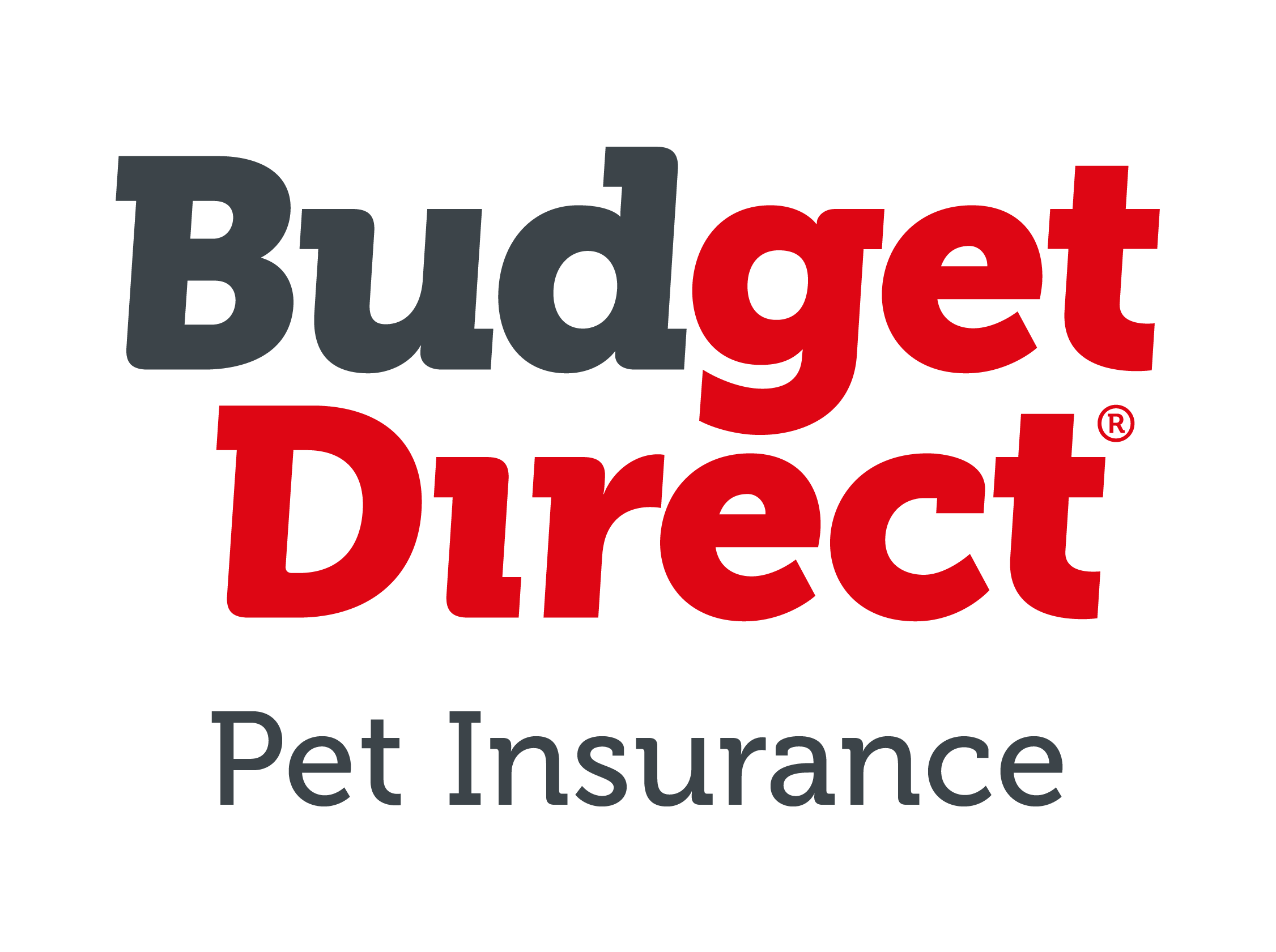MEDIA RELEASE
For immediate use
Urgent call to pet owners following increased cases of canine parvovirus and feline panleukopenia in Brisbane, Logan, Gold Coast, Ipswich and Northern NSW
Animal Welfare League Queensland (AWLQ) is urgently calling on pet owners across South East Queensland and Northern NSW to remain vigilant following a surge in reported cases of canine parvovirus (parvo) and feline panleukopenia (panleuk).
These highly contagious and potentially deadly diseases are a serious concern for local pets, with both conditions requiring immediate attention and prevention efforts.
Parvovirus, a viral infection that primarily affects dogs, and panleukopenia, also known as feline distemper, are both difficult illnesses and expensive to treat once contracted. Feline panleukopenia, caused by the feline parvovirus (FPV), poses a particular threat to unvaccinated kittens and cats,
which can result in a much higher chance of death.
“Both parvo and panleuk are extremely costly to treat and prevention is always the best approach,” said Melinda Phipps, AWLQ’s State Rehoming Manager. “We strongly encourage pet owners to ensure their animals are up-to-date on their vaccinations. Vaccinating your pets is the best way to
protect them from these diseases.”
The symptoms of feline panleukopenia can vary, with many infected cats showing no signs at all, while others, especially kittens under a year of age, may exhibit the following:
- Diarrhoea
- Vomiting
- Fever
- Lethargy or depression
- Loss of appetite
- Dehydration (evidenced by sunken eyes or dry gums)
- Abdominal pain
In severe cases, particularly with young kittens, panleukopenia can result in sudden death. AWLQ advises pet owners to be on high alert for these symptoms and to seek immediate veterinary care if they occur.
To prevent the spread of these diseases, AWLQ recommends that all cats, especially young or unvaccinated ones, remain indoors. This will reduce the likelihood of exposure to the virus, which spreads easily among cats. Additionally, keeping pets up-to-date with their vaccinations will further
help protect against infection.
As a result of the current outbreak, AWLQ’s Gold Coast Rehoming Centre is currently not accepting surrendered cats and kittens due to potential risk of infection. All other AWLQ Rehoming Centres have revised policy to ensure all incoming cats and kittens from pounds are vaccinated on intake and surrendered cats and kittens are required to be vaccinated two weeks prior to surrender. This will be reviewed on a weekly basis as we understand the community rely upon our support when they can no longer care for their pets.
AWLQ remains vigilant during this significant outbreak and is actively exploring ways to support the community, including offering additional vaccination resources for cats and kittens in need. We are assessing how best to deliver this support and more details on this initiative will be available soon on the AWLQ website and social media channels.
“This outbreak is the most significant we’ve seen in recent years and we believe it stems from the recent supply chain issues with cat vaccinations, compounded by the rising cost of living pressures many pet owners are facing. We are committed to helping the community and ensuring as many
pets as possible are protected from these dangerous viruses,” Ms Phipps said.
For more information on vaccinations, symptoms, and prevention, or to support AWLQ’s work, visit www.awlqld.com.au or contact (07) 5509 9000.
–ENDS–
For all media enquiries and interview requests, please contact:
Caroline Esera
Marketing & Communications Manager
0431 658 934
[email protected]
About Animal Welfare League Queensland
Founded in 1959, AWLQ has become a trusted leader in animal welfare. We provide a safe haven and second chance for more than 10,000 stray and homeless animals annually. To each of these animals we welcome through our doors, we promise never to euthanise a healthy, sociable, or treatable animal in our care. In addition to our shelter work, we are committed to keeping pets and people together by providing lifesaving support and resources to people in need with companion animals. We are known for our grassroots and innovative community-based animal welfare work, including our community vet clinics, the Getting 2 Zero model, the Golden HeartsTM Seniors’ Support Program, and the National Desexing Network.











